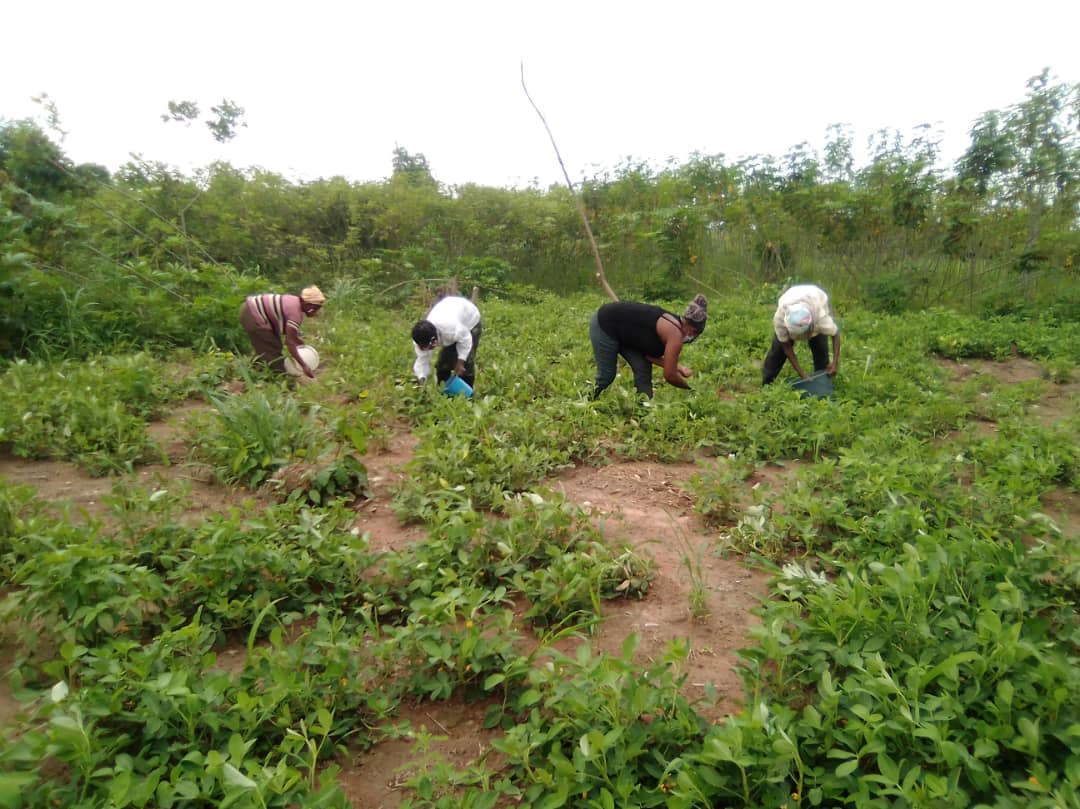Mobilising for Gender-just Climate Action: COP 26 and Beyond
Women Mobilising for Climate Justice
By: Rose Buabeng, Programme Officer, African Women’s Development Fund
In the lead-up to the 26th UN Climate Change Conference of the Parties (COP26) in November 2021, women are mobilising to engage in the environment and climate discourses. COP 26 provides a significant opportunity to highlight feminist demands on gender-just climate finance as contained in the Generation Equality Forum (GEF) Action commitments.
There’s no doubt that climate change affects all people, but the impacts are gendered as a result of a multitude of factors. These include systemic inequalities, reinforced by individual and societal variations based on gender, social and economic status, ethnicity, ability, sexual orientation among others.
The forum provides a great opportunity for concrete action for sustainable and increased resourcing for women-led climate action and gender-just climate solutions driven by grassroot women to enable them mitigate and adapt to the ravaging impact of climate change. Their voices must also be heard in planning, allocation and monitoring of climate finance. In most cases, the voices and lived experiences of grassroot women who bear the brunt of climate crises are missing in policy discussion spaces. Inadequate financing also hinders their ability to effectively adapt to climate impact through gender sensitive grassroot driven solutions.
One of the beacons of pro-climate women-led programmes is Iseguri Initiative, a grassroot women’s environmental group based in the Oti Region of Ghana. With funding from the African Women’s Development Fund (AWDF), Iseguri has supported over 500 smallholder women farmers to promote sustainable agricultural practices such as water harvesting and irrigation, crop scheduling, cultivation techniques, pesticide and fertiliser use, preparation and application of compost and prevention of post-harvest losses.
Agriculture is the major livelihood of women in the region but this has been negatively impacted as a result of delayed, low and erratic rainfall caused by climate change, leading to a significantly reduced crop yield.
It’s not all bad news. Small holder women farmers now have increased production from ginger and maize cultivation which provides additional income and improved nutrition to rural households.
Iseguri’s activities involve the promotion of improved agricultural production, enhanced rural livelihoods and sustainable environment through advocacy, trainings and capacity building.
Food security remains one of AWDF’s major intervention areas, and being flexible and adaptable to the needs of grassroot women will contribute to mitigating some of the adverse effects of climate change.

Women smallholder farmer group Kedjebi District; Iseguri Initiative, 2021
